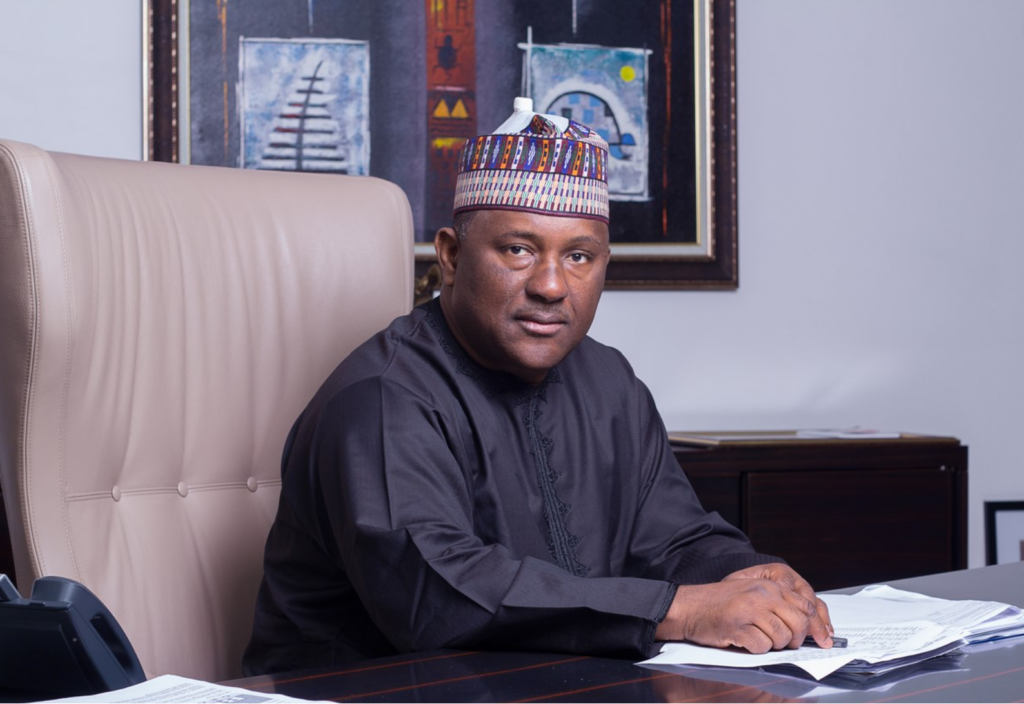Nigeria’s second richest man, Abdul Samad Rabiu, posted the highest year-to-date wealth gain on Bloomberg’s Billionaire index.
The Kano-born billionaire, net worth has doubled this month, and he is presently worth $8.16 billion. His net worth has been rallying north despite the naira’s devaluation as price action shows his two listed companies continue to print impressive share price growth.
Price action on the NGX show BUA Foods posted an impressive yearly return of 262.5%, BUA Cement is up by 82%. The blue-chip companies each have a market valuation of at least N4 trillion.
BUA Cement and other major movers including Seplat Energy and Dangote Cement posted maximum gains on Tuesday at the Nigerian stock market amid high buying pressure.
The rally on the local equity market entered its ninth day, igniting the market valuation of the major e Nigerian Stock Exchange to about N54 trillion. At the end of Tuesday’s trading session, investors enjoyed an N1.56 trillion on the local bourse.
The source of Rabiu’s $8.16 billion fortune is his manufacturing company, BUA Group, which is one of the continent’s fastest-growing manufacturing conglomerates.
The World’s 291st richest controls a 93% stake in BUA Foods, which owns the largest pasta and flour plant in Africa’s largest economy
Investors hold a grip on the Cement giant as it reportedly started operations on the new Sokoto cement plant. BUA Cement Plc began its debut on the NGX in January 2020 following the conclusion of the merger of two of BUA’s cement entities, the Cement Company of Northern Nigeria and OBU Cement Company.
Despite his close ties to the current administration, Abdul Samad Rabiu continuously maintained an apolitical position; most recently, he turned down an assignment to a working committee from the ruling party.
To make cement more accessible to consumers and companies, he announced intentions to lower the price of each bag from N5,500 to N3,500 in October. This move is expected to increase construction activity and support economic growth in Africa.
